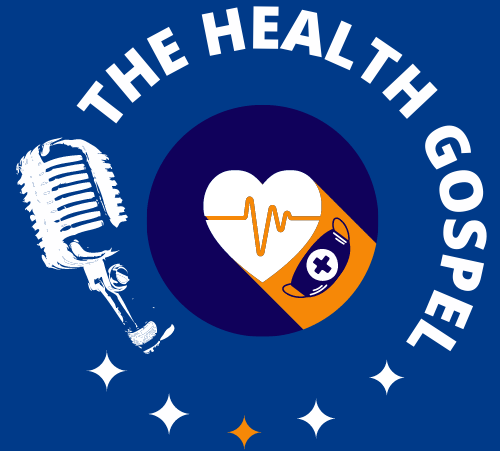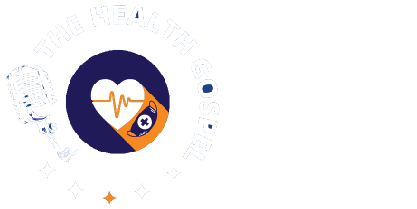
COLLAPSED! Series 3
Brain diseases can cause a collapse.
When someone collapses and you get them to the hospital, your health care provider would want to know if it was a gradual onset or sudden collapse.
An eyewitness description of how it happened, how long it lasted, and associated symptoms are helpful as a guide as to what might be the cause.
This article would focus on causes of fainting that are attributable to brain diseases.
The following are causes of fainting attributable to brain diseases.
Bleeding into the brain
Bleeding inside (intracerebral haemorrhage) or on the surface of the brain (subarachnoid haemorrhage) that is not due to trauma such as an accident is called a haemorrhagic stroke.
Haemorrhagic strokes can cause sudden collapse often preceded by any of the following features:
- Severe headache
- Vomiting
- Seizures
- Markedly elevated blood pressure
Haemorrhagic strokes could occur as a result of
- Poorly controlled hypertension
- Abnormally formed blood vessels (arteriovenous malformations)
- Weak blood vessel wall that ruptures
- Brain tumour bleeding.
Treatment of bleeding in the brain
This is mainly supportive medical treatment such as giving IV fluids to maintain hydration and reduce brain swelling. Antihypertensive medications can also be administered if indicated.
In some cases, surgery may be the treatment of choice depending on the cause and extent of the bleeding.
Ischaemic stroke
Ischaemic stroke occurs when a blocked blood vessel causes a sudden loss of blood supply to a part of the brain. This can cause a person to suddenly faint.
Chances of recovery can improve with immediate treatment. Learn more about ischaemic strokes here.
Seizures
A seizure is a symptom of an abnormal electrical discharge from the brain. It can cause collapse with the whole body going floppy.
Seizures may also cause stiffness of the whole body or jerking with the eyes open, the black part of the eye turning upwards or sideways and foaming from the mouth.
Fainting due to a seizure usually lasts a few minutes and stops on its own. The person might be confused as they regain consciousness, asking questions or just talking out of point. Some others may just sleep off afterwards.
When a seizure lasts for more than five minutes or occurs more than once without the person fully regaining consciousness in between, it is an emergency. Take the person to the hospital immediately. There is no home remedy for this type of prolonged or recurrent seizure.
Seizure is not the same as epilepsy. An individual can have a seizure due to the presence of toxic substances in the blood. Removal of these substances brings a resolution of symptoms (seizures).
All convulsions are seizures but not all seizures are convulsions. A type of seizure called atonic seizure can occur without jerking, as the person only just goes limp and loses consciousness.
Treatment of seizures
The seizure can be stopped with intravenous, intramuscular or anal medications. However, your doctor would want to find the cause of the seizure by requesting various blood, and urine tests as well as brain scans.
Some causes of seizures can be treated and the seizures resolve completely without recurring. However, some would require daily antiseizure medications to stop recurrent seizures.
Meningitis and encephalitis.
Meningitis is an inflammation of the outer covering of the brain. It could be a result of a viral or bacterial infection. Encephalitis is an inflammation (swelling) of the brain tissue often resulting from a viral infection. It is a cause of collapse which is often of gradual onset and preceded by
- Fever
- Headache
- Confusion
- Neck stiffness
- Vomiting
Treatment of meningitis/encephalitis
Meningitis and encephalitis are treated with antibiotics and antiviral drugs. To differentiate between these, your doctor would take some of the water that surrounds your brain and spinal cord (cerebrospinal fluid) for a test.
This is obtained by inserting a needle into your back. Other blood tests and brain scans would also be done in the course of treatment.
Brain tumour
The brainstem is the part of the brain that is in between the brain and spinal cord. It has the area of the brain that controls breathing and alertness or wakefulness. Compression of this area by a growth or tumour in the brain can cause a sudden collapse. Compression results early if the tumour is in the back of the brain or later if it is in any other part of the brain but grows massive.
A brain tumour can cause a collapse when it bleeds or by growing big enough to cause compression of the surrounding normal brain tissues.
Treatment of brain tumours
This is dependent on the type of tumour. However, treatment modalities include chemotherapy, radiotherapy, surgical resection and a combination of two or more of the treatment modalities.
In conclusion, brain diseases that cause a collapse are mostly emergencies. Treatment outcomes following brain diseases are better with immediate treatment because time is of the essence. A delay in assessing care may be dangerous and lead to prolonged loss of consciousness or death.
The comment section is open for interactions with the author. Kindly utilize it.




